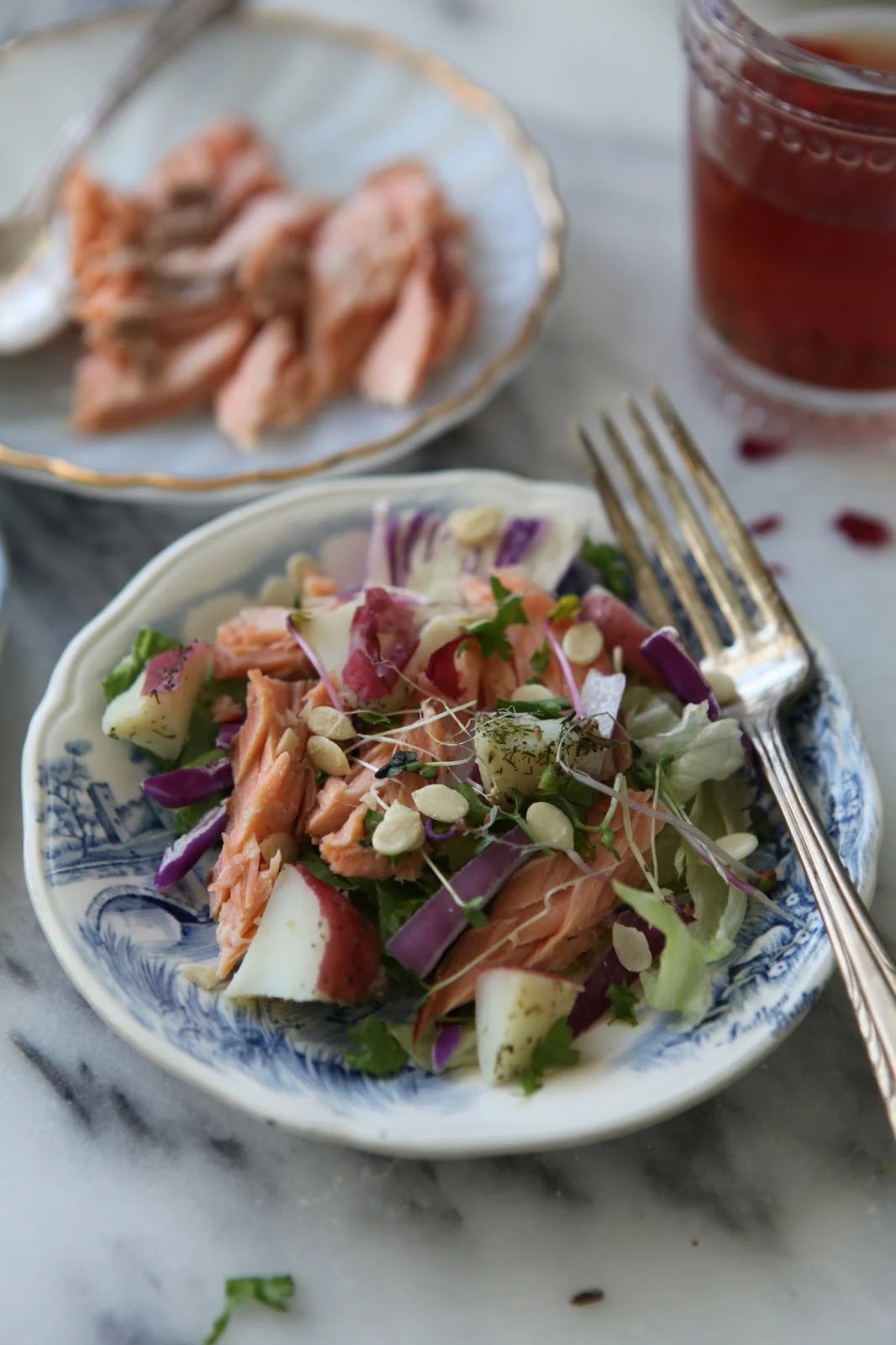Grocery Rules

From Food Desert to Farmer's Market
The photo above was shot back in early Spring when I made a quick trip from my then home of West TX to my hometown of Washington, D.C. to complete some shots for my upcoming book (Spring 2018 by Prestel/Random House). Going to the Farmer's Market again was such a treat for me as the nearest one to us in West TX was a three hour round trip journey. We had to plan these trips days ahead or adjust our schedules to head to the market.
Although our home wasn't necessarily located in a dictionary definition of a food desert, it certainly did not provide access to fresh local produce or any sort of sustainably-raised meats, eggs, or other perishable staples for our groceries. So, I was floored when I went to the Dupont Circle Farmer's market again with my dear friend and inspiration, Ariel of Pineapple D.C., a revolutionary women in food community. Being amidst local producers reminded me again of the pun intended bounty that they provide in something seemingly so simple yet grand for me of, say, local greens. It made me bow down to the humble offerings of my then home and in gratitude for what I now have constant access to with our move back to the Washington, D.C. area.
Grocery Rules
Shop local
Having access to fresh local foods is a privilege. If you live near an area that holds space for local farmers to support themselves, plan to pick up your produce from them to chip into the local community instead. Not only will your produce have heightened taste but also nutrition. Here are some of my market staples along with quick recipes to use them. It also has less impact on the environment as it reduces the carbon footprint created by transporting grocery store produce.
Be sustainable
Bringing a reusable tote bag seems to now be a given, but many forget the amount of plastic we consume through produce bags or packaged goods. I've been even more aware of this thanks to the heightened attention that dear Elenore of the incredible Earthsprout has been shedding on it. of Use these reusable produce bags (which have convenient tare weight tags) instead or wrap them in fabric scraps. Most of the time, you can even skip using a bag entirely; just toss them in your cart then in your tote! Many packaged dried goods are also available in the bulk section. Bring along glass jars—I like these ones—to tare the weight of beforehand then fill with desired items, like nuts and seeds.
Shop the perimeter
An infamous rule popularised by Michael Pollan, this approach is how I shop at grocery stores. All fresh produce, seafood, and sustainable meats are located on the outermost sections of the grocery store. When and if you don't have access to local farmer's markets, stick to these areas when shopping at your grocery store.
When I run out of an item before the farmer's market, I go to my local co-op, which always carries organic produce that predominantly is sourced from local or nearby farmers. This is a great resource for finding local harvest & co-ops. I also use this or this to find smaller farms or providers for sourcing more rare items, such as raw dairy to make butter for then making ghee.
Meats & Seafood
If you choose to include animal protein in your otherwise plant-based diet, as I do, make sure that they are from sustainably-raised animals. This means only buying the best choice deemed by the Seafood Watch for seafood; pasture-raised chicken and pork; grass-fed and -finished beef; and pasture-raised and preferably soy-free eggs. I source these at my farmer's market and, if not, at my local co-op.
Organic
Full disclosure: having worked for the Environmental Working Group (EWG), I am extra conscientious about the produce items I do buy organic. Here is the list I depend on and use to carefully select items that should preferably be organic to avoid heavy pesticide & herbicide usage. It's free, so download the image to your phone to pull up when shopping (skip printing to save paper & never mind the fact that you will probably forget the print out at home).
Treat Yoself
As much as I promote fresh, whole foods, I don't condemn buying a few packaged foods. I do recommend for dried goods such as nuts to buy them in bulk. Bring your own jar, ask the store to tare it, and fill it up accordingly. Just be aware that if you have Celiac's Disease like I do and are sensitive to cross-contamination that you check with your store if there is a heightened risk that other items might be exposed to gluten. Some stores are even open to providing the items from the backroom for a safer option. Don't be afraid to ask.
For other treats, keep the ingredient list to an absolute of legible, recognisable items. For chocolate, for instance, I opt for ones that only have cacao beans/paste/powder, cacao butter, and sometimes stevia or less than often coconut sugar for a sweeter option (I usually stick to 100% cacao). If chips are calling your name, opt for ones without refined oils or additives such as Siete Foods chips or Simple Mills crackers. Don't deprive yourself but also be mindful.
Flowers
One of my self-care principles is buying myself flowers. I suggest buying from either a stand at your local farmer's market; the co-op which sources local bouquets; or from Urban Stems, which unlike most grocery store bouquets are responsibly-grown by Rainforest Alliance Certified and Veriflora Certified farms. Urban Stems delivers for free to the NYC, D.C., Baltimore, Philadelphia, and Austin areas. Here's $15 off for you to go ahead & pick yourself some petals!


